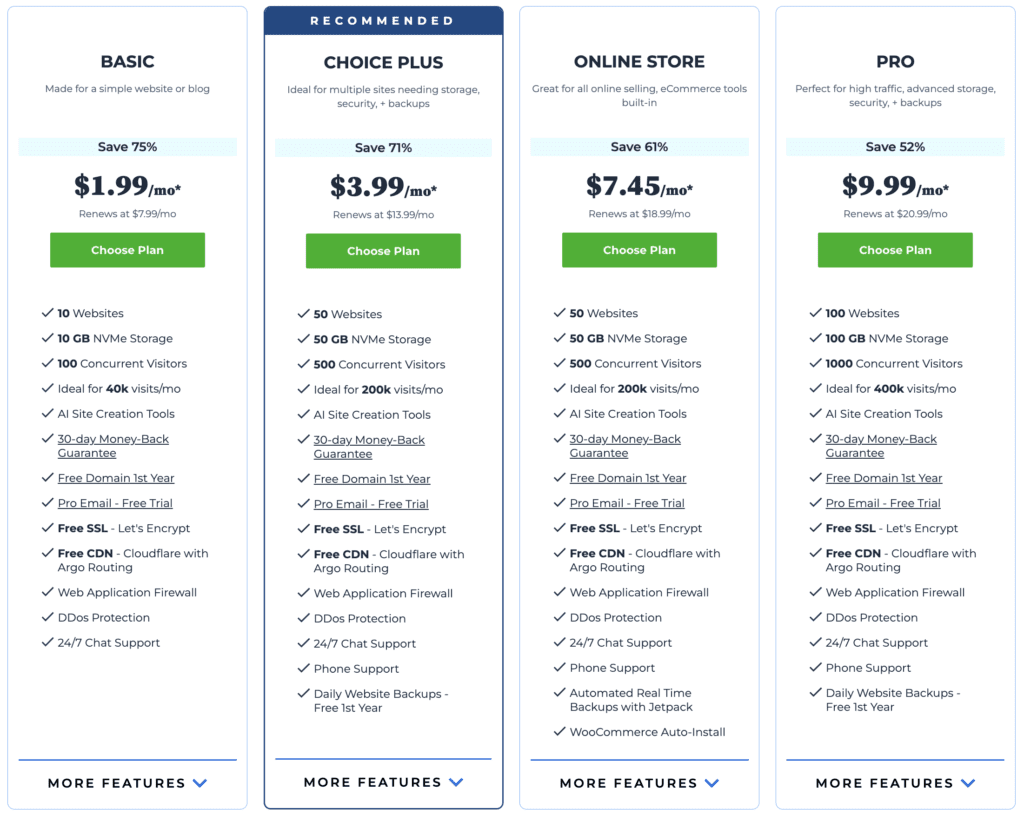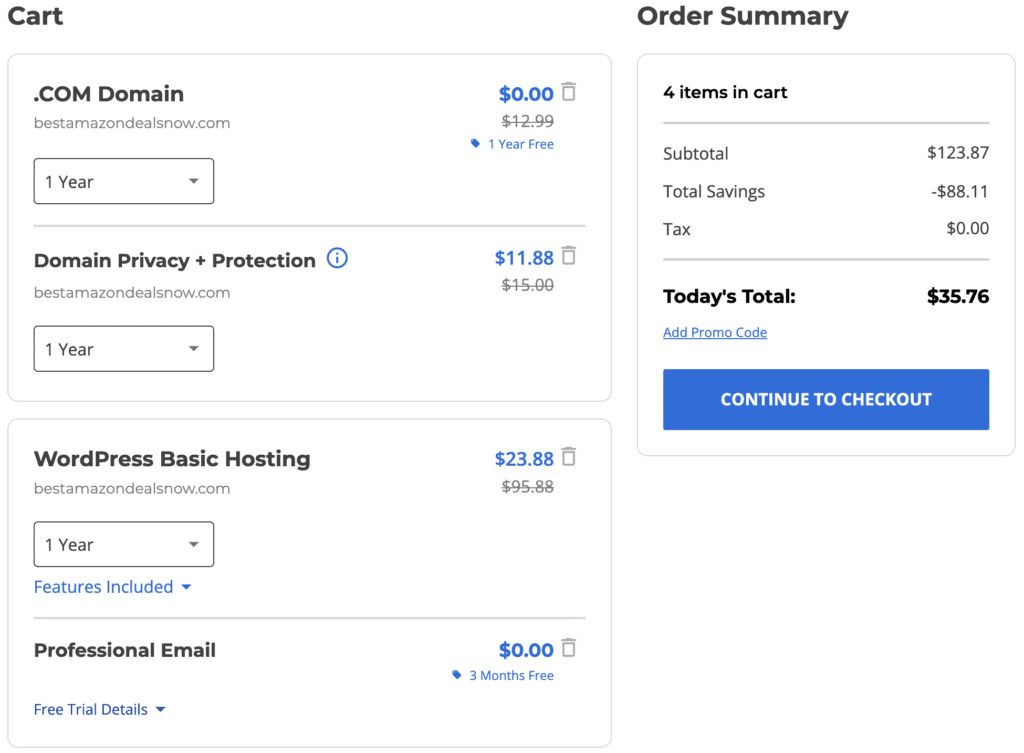Choosing the right name for your blog is crucial for establishing your online presence and attracting your target audience. A well-chosen name not only reflects your brand but also enhances your SEO efforts. After this guide, you’ll walk away with not only your blog name, but also a sense of accomplishment.
1. Understand Your Niche
Honing in on your niche will guide your name selection and help ensure it resonates with your intended readers.
What is a niche?
A niche is a specific segment of a broader market that focuses on a particular audience or topic. It represents a targeted area of interest where you can offer specialized content, products, or services that cater to a unique group of people.
For example, instead of creating content about “outdoor activities,” a niche might be “backpacking tips for solo female adventurers.” By narrowing your focus, you can better address the specific needs and interests of your target audience, making your content more relevant and engaging.
2. Brainstorm Blog Name Ideas
Now it’s time to get creative! Here are some brainstorming techniques:
- Keywords: Make a list of relevant words associated with your niche.
- Thesaurus: Use a thesaurus to find synonyms and related terms.
- Word Combinations: Mix and match words to create unique combinations.
- Mind Mapping: Create a visual representation of ideas related to your blog theme.
3. Keep It Simple and Memorable
Your blog name should be easy to remember and spell. Aim for:
- Short Names: Try to keep your blog name under 15 characters.
- Pronounceable Words: Avoid complex words that may confuse readers.
- Catchy Phrases: Use alliteration or rhymes for a memorable impact.
Should you make your blog’s name your personal name?
Whether you should make your blog’s name your own name depends on your goals and the nature of your content. Here are some factors to consider:
When to Use Your Name? ElaineRau.com
- Personal Brand: If your blog is centered around you as a person—your experiences, expertise, or services—using your name can help build a personal brand. This is common for bloggers who offer coaching, consulting, or creative services.
- Flexibility: Using your name gives you flexibility if you decide to pivot or expand your content. For example, you’re not tied to a specific niche and can evolve your blog as your interests or expertise change.
- Public Recognition: If you’re already known in your industry or niche, using your name can leverage that recognition and establish trust with your audience.
When to Use a Unique Blog Name? LadyBossBlogger.com
- Niche Focus: If your blog focuses on a specific niche, a descriptive or creative blog name can help potential readers quickly understand what your content is about. This is especially helpful for SEO and attracting a target audience.
- Scalability: If you plan to grow your blog into a larger business or brand, a unique name may allow for more scalability. It can make your blog feel like a standalone entity rather than a personal project.
- Anonymity: If you prefer to keep your personal and professional lives separate, choosing a blog name other than your own allows you to maintain some level of privacy.
If your blog is deeply personal and tied to your brand or identity, using your name can be a strong choice. However, if you are focused on a specific niche or plan to grow the blog into something beyond yourself, a unique name might be more beneficial.
4. Consider SEO Factors
What is SEO?
SEO, or Search Engine Optimization, is the process of improving a website’s visibility and ranking in search engine results (like Google, Bing, or Yahoo). The goal of SEO is to attract organic (unpaid) traffic by ensuring your site appears at the top of search results when users search for relevant keywords or phrases.
For better search engine visibility, incorporate SEO best practices:
- Keywords: If possible, include a relevant keyword in your blog name.
- Branding: Ensure your name aligns with your brand and content strategy.
- Avoid Numbers and Hyphens: These can confuse users and make it harder to share your blog.
5. Get Feedback
Before finalizing your choice, seek feedback from friends, family, or potential readers. Ask them:
- What impression does the name give?
- Is it easy to remember?
- Does it reflect the blog’s content?
6. Make Your Final Decision
After gathering feedback, it’s time to make your final decision.
Trust your instincts—choose a name that feels right for you and your brand.
It’s time to see if your domain name(s) are available.
What is a domain name?
A domain name is the unique web address that people type into their browser to visit a specific website. It serves as the online identity of your website, like “ElaineRau.com.” A domain name consists of two main parts: the name (e.g., “example”) and the extension (e.g., “.com,” “.org,” “.net”). It’s essential for establishing your brand’s presence online and making it easy for people to find and access your site.
7. Register Your Domain
Once you’ve decided on your name, register your domain as soon as possible. This step ensures that no one else can claim it. Follow these tips for registration:
Use reputable domain registration sites like:
- GoDaddy – designed for more established businesses
- Bluehost – designed for beginners, but is equally as robust
I wanted to list both of them out so you can see the huge difference in price for almost the same thing.
Next, choose a plan. I’d recommend just going with the basic package – you can always upgrade when you need to later.
The daily backups are unnecessary unless your website gets attacked which is highly unlikely because you have a firewall included in all the packages.

Type your desired domain name into this search bar to see if it’s available.

When you’re at the checkout page you may be wondering…
What is WordPress Basic Hosting?
WordPress is a popular content management system (CMS) that allows users to easily create and manage websites and blogs without needing to know how to code. It offers a user-friendly interface, making it accessible for beginners, while also providing advanced features for developers.
It’s basically what gives your website blogging capabilities, so you need both!
After you submit payment, you now officially own a little part of the internet.
Congratulations! 😉

Conclusion
Choosing the perfect blog name and domain is a vital step in your blogging journey. By following the steps outlined in this guide, you can create a memorable name that resonates with your audience and boosts your online presence. Remember, your blog name is the foundation of your brand—make it count!
Next lesson: How To Set Up WordPress Hosting